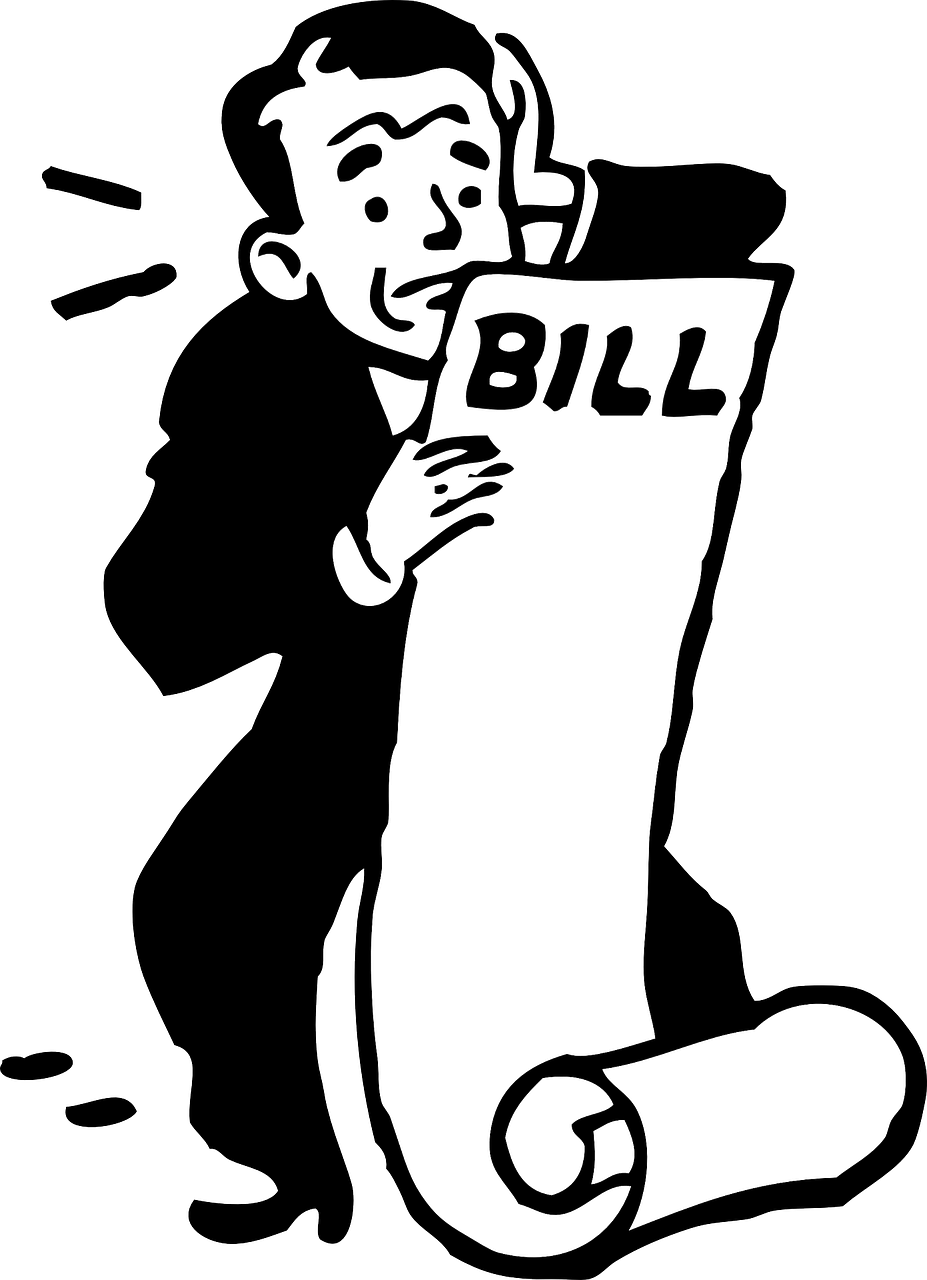This post may contain affiliate links and I may earn a small commission when you click on the links at no additional cost to you. As an Amazon Affiliate I earn from qualifying purchases. You can read my full disclaimer here.

Is debt a problem?
Debt pitfalls are no laughing matter. Every day I have the opportunity to talk to many different people. I am amazed by the number who either do not want to acknowledge that debt is a problem for them or think that it really isn’t any big deal that they are in debt. This kind of thinking can be very dangerous.
I have yet to figure out why people are in such denial. Perhaps it is because we live in a society where common debt pitfalls such as credit cards, student loans, cars, and homes are the norm. Or perhaps it is our need for instant gratification. We are bombarded with advertisements and people in society push the agenda that if you want something, get it now, no matter the cost.
Credit Cards 
This mentality might explain why so many people own at least one credit card. One of the greatest debt pitfalls is credit card debt. According to data from Gallup, 71% of people have at least one credit card, with the average a total of 3.7. Is there anything wrong with having a credit card? That is an issue that continues to be hotly debated. However, the fact is that it is much too easy to swipe that little piece of plastic. Or worse yet, websites store the number and all you have to do is click a button to make your purchase. With these types of habits, the card balances quickly climb.
The problem is that most people do not pay off the balance on their cards every month and the interest accrued on those balances make the total add up quickly. Before you know it, the balance is so large that adding another small purchase to the total seems very insignificant. If you carry a balance like this on multiple cards, it can send spending into a downward spiral.
Student Loans
Another common debt pitfall is student loan debt. Many of the people I talk to are professionals who have earned at least a Bachelor’s, but many times a Master’s degree as well. These fine folks have attended public or private colleges that may or may not have been in state. Unless they were fortunate enough to receive a bundle of scholarships, most people have financed their education through loans. According to Experian the average student loan debt in Washington state is $34,193. Many people owe much more.
When I have discussions with people about paying off student loans, many seem resigned to believe that they will be paying on their loans until they retire. Yikes! Imagine what could have been done with all that money had it been invested.
Cars
A third debt pitfall that people often don’t consider is the car loan. Once a person graduates college, they want to be driving a professional looking vehicle. The average person owns an average of six cars over their lifetime. While not all of those cars may be new, it is likely that at least half will be. These days most new cars will cost over $30,000. The average monthly new car payment is estimated at a whopping $530.
There is a lot of pressure from peers and society to get a new car without stopping to consider the cost. A car loan has become so normal in our culture that people don’t think twice about signing on the dotted line. I drive a 1998 Honda and have been encouraged by multiple people to get a new car even though mine is in perfectly good working order.
Homes
Oh boy! This is an area that is probably too big to discuss here, but let’s scratch the surface. I don’t know very many people who have enough money just sitting around to pay cash for a home. It is extremely likely that you will have to finance that purchase. However, I have known a number of people who did not purchase their home within their means. This is so easy to do if you don’t do your research and set up your own threshold. A home needs to become an investment, not another of the debt pitfalls.
When I started the process of obtaining a home loan, I was given a cap for how much I was approved to spend. I was given a cap about $50,000 more than the cap I had given myself. It is impossible to know what will happen in life during the life of a home loan. A person’s job or relationship status could change. If you have purchased a home at the bank’s cap, you could be in real trouble. In my opinion, this was a contributing factor to the last housing market crash. People were approved for loans outside of their means. But this is America! See a house you want, get it any way you can.
Monster in the Closet
With all these avenues to accrue debt, it is no wonder that so many people are stressed over money. According to a survey by Varo Money, 85% of U.S. adults say they are sometimes stressed out about money while 30% say they are constantly stressed out about money. This stress could be a combination of the debt they owe and the lack of savings to deal with potential crisis’ in the future.
Why then do so many people act like they are unconcerned? It is almost like they want to shove all these money issues into the closet and hope they will just go away. The problem is that debt and a lack of savings will be looking for a way to rear its ugly head. It make its presence known at the most inopportune time. It is always there lurking in the dark.
Gain a Sense of Awareness
Finances do not have to rule your life. This is something you can have control over. There is no reason to cause yourself undo stress when you can do something to make a change. While it may seem like a daunting task, it is possible to eliminate debt and gain freedom from living paycheck to paycheck. Start looking at monthly expenses and think about where each dollar is going.
Spending time tracking your expenditures will help you see where your money is going. This will prepare you to take the next step, which is to set up a budget. Once you start telling your money where to go, you will have a greater sense of control over your finances. Feeling more control in control of your finances will lead to less stress. This domino effect can only lead to good things.
Conclusion
Debt is something that needs to be on our radar. If you are not currently in debt, take steps now to avoid these potential pitfalls. It will save you much stress in the future. If you do find yourself in debt, it is not too late to take control of your situation.
Amazon and the Amazon logo are trademarks of Amazon.com, Inc, or its affiliates.


